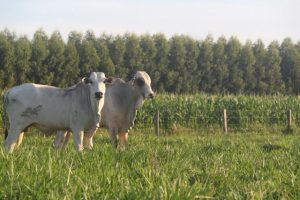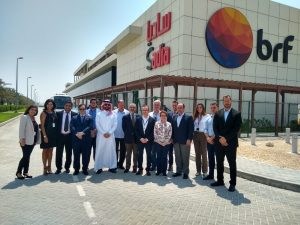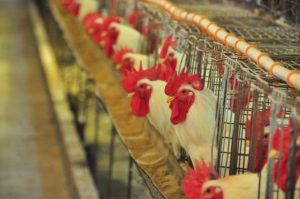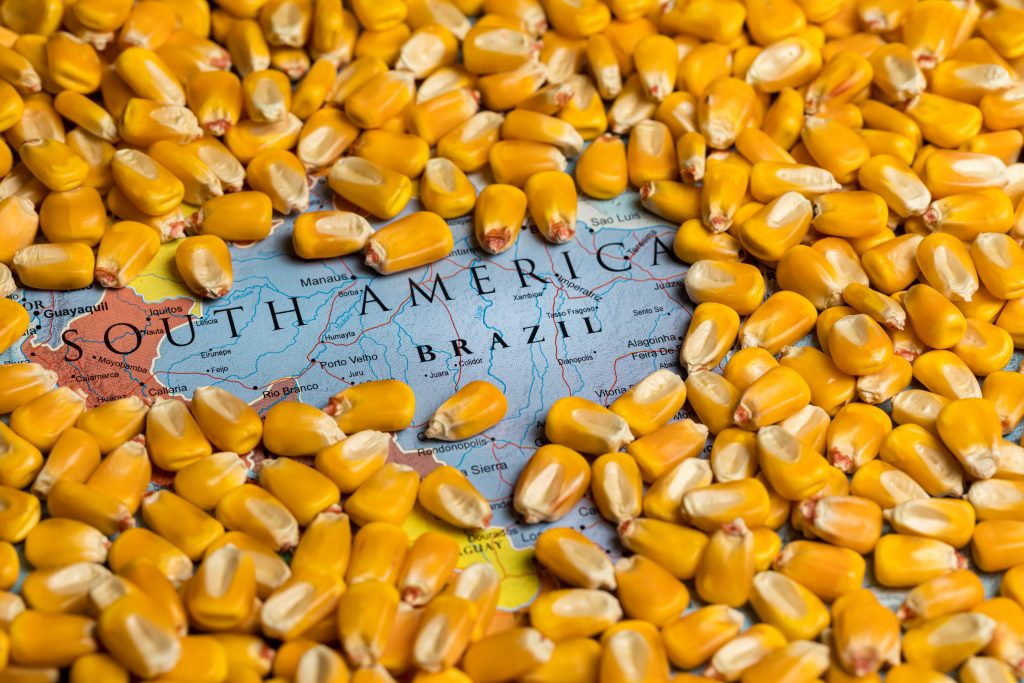São Paulo – The only sector in Brazil to post continuous growth even amid the latest crisis, the agribusiness is expected to become the focus of mergers and acquisitions and foreign investment in the country over the next years. Sovereign founds as those from Saudi Arabia have invested in Brazil, and Brazilian companies have established plants and offices in the Middle East and North Africa, which is the case of BRF, which opened a plant in Abu Dhabi and announced investments in the Saudi market.

This trend may have new chapters soon: Besides guaranteeing food supply even amid the pandemic, Brazil expects to post growth in arabica coffee, soybean, sugar, cotton and maize production as well as the highest Agricultural Gross Production Value in the last 30 years, estimated at BRL 697 billion (USD 136 billion).
According to Animal Protein Brazilian Association (ABPA) chairman Francisco Turra, foreign investors have studied companies of the sector but haven’t closed any deals – yet. Turra believes that it won’t take long, though.
“I think that the time for these investments is now, because agribusiness will emerge from this crisis stronger than ever. Now it is time to contribute with resources, as the valued exchange for exports promises a much quicker return (on investment). The Asians are keeping a close eye on the opportunities – China will make investments here, and the Islamic world must seize the opportunities, too,” Turra said in an interview with ANBA. “I’m sure that Brazil will emerge from this crisis (caused by COVID-19) stronger and seen as large food production reserve. Our economy’s strongest sectors are related to the agribusiness,” he says.

Turra believes that this opportunity must be seized because Brazil is a guarantor of food security for countries that don’t have the same agricultural infrastructure conditions or that have a demand that is much larger than their production capacity. For these nations, it’s more effective to invest in Brazil than in their own food production. “Saudi Arabia has tried to produce poultry for some years, but it isn’t easy. They could maintain and increase their knowledge and expertise in industries where they are a powerhouse, such as energy, and invest in partnerships with Brazil in the food production industry. In strong partnerships that guarantee their food security,” he says.
Brazilian Confederation of Agriculture (CNA) commercial intelligence coordinator Sueme Mori Andrade also believes that Brazil could attract investments from other countries in its agriculture and animal protein production, but not in the short term.
“The world economic activity slowdown has a direct impact on the companies’ ability to invest. Caution and concern with liquidity must be the priorities now. While this scenario of uncertainty remains, companies should avoid long-term investments, as in production. And it won’t happen only in Brazil but around the world,” she says, mentioning the forecasts of contractions in Gross Domestic Product (GDP) of countries made public by the International Monetary Fund (IMF).

Just as Turra, Andrade points out that Arabs have considered investments in Brazil even before the pandemic. “Before the pandemic, Saudi Arabia and other countries had expressed interest in investing in our food production. Knowing that, the Ministry of Agriculture organized a mission to the Middle East last September. CNA was part of the entourage that went with minister Tereza Cristina and discussed ways to increase both trade and investment from those countries in Brazil. Surely, exporters that haven’t discontinued the supply in this moment, such as Brazil, will be recognized as reliable partners,” Andrade says.
Being regarded as guarantor of the world food security is a great credibility factor and source of income for Brazil, Andrade points out. “To guarantee the domestic supply, some countries have restricted foreign sales of foodstuffs, which caused great concern in countries that rely on imports to feed their population. The strength of Brazilian agri-food chain has guaranteed not only the domestic supply but maintaining and even growing exports. Year-to-date through April, agribusiness foreign sales grew by 5.9% year-on-year. They fetched USD 31.4 billion, up USD 1.75 billion from a year ago,” she says.
Professor at the Economy department at the Luiz de Queiroz College of Agriculture of University of São Paulo (USP) Andréia Adami believes that investments in one sector of the economy occur for a number of reasons, such as: a country’s or region’s population growth, greater purchasing power, and introduction of new technologies. This happened in China and Brazil. The Asian country has seen a higher purchasing power of its population, which leads to the demand of higher value-added products, such as meat.

“If this consumption grows, it leads to an increase in consumption of cereals (which are animal feed). Then, we have investment not just in protein producers but in cereal producers too,” she argues.
Another factor that can lead to a massive investment in one sector is the introduction of new technologies. Adami mentions one Brazilian case as an example: flexible-fuel vehicles, which can be fueled whether by ethanol, a fuel derived from sugarcane, or gasoline, derived from oil. “It was an innovation for the sugarcane industry due to the introduction of a new technology, which led to a much larger and more promising domestic market,” she says. As a result of the advent of this technology, sugarcane industries invested in crops and plants. Some went bankrupt years later, others were acquired; some companies left the industry, while others strengthened their presence through investment or joint ventures.
Adami points out, too, that sugarcane, cereal and protein industries are not the only ones that can be benefited from domestic or foreign investment. The entire agribusiness production chain can partner up with foreign companies and investors, as it is already seen in the agricultural machinery and input supply. She mentions the Arabs as an example of what has happened.
“The Arabs are an example of how a partnership is established. At first, they imported poultry. Then, in the 2000s, Brazilian companies found it necessary to open offices in the Arab countries to get closer to them. Then, they strengthened their internationalization process and even opened industrial plants in the region. This shows commitment, a greater partnership, as we don’t just export anymore but work in partnership and create jobs in the Arab countries,” Adami says.
*Report by Marcos Carrieri, specially for ANBA
Translated by Guilherme Miranda




